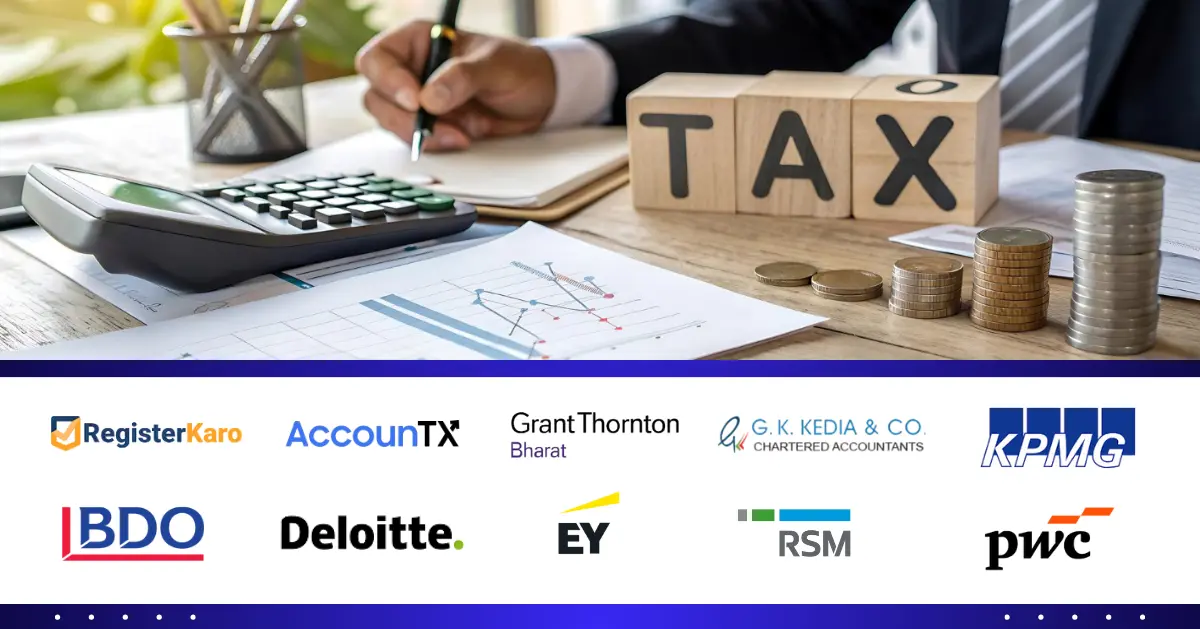
Filing an income tax return is a fundamental duty for taxpayers; it ensures compliance and contributes to the growth of the nation. However, if you fail to file your Income Tax Return (ITR) within the due date, you may face penalties, specifically under Section 234F of the Income Tax Act, 1961. The penalty for late filing of income tax return not only impacts your finances but also reflects poorly on tax compliance.
This guide will provide comprehensive insights into Section 234F, the structure of penalties under this section, exemptions, and tips to avoid these penalties in 2025.
Understanding Section 234F: The Legal Framework
Section 234F was introduced in the Finance Act of 2017 to promote timely filing and accountability among taxpayers. It mandates a penalty for taxpayers who fail to file their Income Tax Returns (ITR) on or before the due date prescribed under Section 139(1) of the Income Tax Act.
This penalty is levied to ensure individuals and businesses file their ITR in a timely manner, as delayed filing disrupts tax-related compliance and administration processes.
The penalty for late filing of income tax return under Section 234F in 2025 is based on the total income of the taxpayer. The slab rates are as follows:
| Income Level | Filing Before December 31 | Filing After December 31 |
| Income below ₹5,00,000 | ₹1,000 | ₹1,000 |
| Income above ₹5,00,000 | ₹5,000 | ₹5,000 |
| Nil income or loss returns | No penalty applicable | No penalty applicable |
Key Points to Note:
- The penalty is levied in addition to interest under Section 234A for late filing.
- Filing beyond the final deadline (typically March 31st) could lead to further legal and monetary repercussions, including potential prosecution.
- Taxpayers can pay this penalty while filing belated returns.
While most taxpayers are subject to the late filing penalty under Section 234F, there are certain exemptions to ensure fairness and inclusivity in the system.
1. Income Below the Basic Exemption Limit
If your income is below the basic exemption limit, you are not required to file an ITR and are hence exempt from penalties. For 2025, the exemption limits are as follows:
| Category | Basic Exemption Limit |
| Individuals below 60 years | ₹2,50,000 |
| Senior citizens (60-80 years) | ₹3,00,000 |
| Super senior citizens (80+ years) | ₹5,00,000 |
2. Nil Income or Loss Returns for Companies/LLPs
Businesses, including Companies or LLPs (Limited Liability Partnerships), filing Nil returns or reporting losses are generally exempt from penalties since there is no net taxable liability involved.
The introduction of Section 234F aims to fortify discipline in tax filing and ensure greater accountability among taxpayers. Let’s highlight some of its primary benefits:
1. Promotes Timely Filing and Accountability
Tax filing deadlines are essential for ensuring proper documentation and compliance. Section 234F penalties encourage taxpayers to file returns on time while maintaining financial accountability.
2. Ensures Fairness Across the Tax System
Through penalties under Section 234F, taxpayers who comply are not burdened to compensate for the losses caused by non-compliance. This promotes equality and fairness in the tax ecosystem.
3. Contributes to Government Revenue
While penalties are not aimed at generating revenue, timely and accurate tax return filing improves government cash flow, enabling better public infrastructure and services.
Filing income tax returns on time can eliminate the risk of penalties, simplify your tax management, and maintain your financial health. Below are proven steps to help you stay compliant:
1. Start Early
Start preparing your tax documents well ahead of the deadline. Gather your Form 16, TDS certificates, and bank statements early to avoid any last-minute rush.
2. Track Due Dates
Be aware of the ITR filing due dates, which can vary depending on the type of taxpayer. For FY 2024-25, the general deadlines are:
- Individual taxpayers: July 31, 2025
- Businesses requiring tax audits: October 31, 2025
3. Consult a Tax Professional
Navigating tax compliance can be challenging, especially for businesses or individuals with complex income sources. Consulting a professional tax advisor or service provider, like RegisterKaro, can simplify the process, ensuring timely and error-free filing.
Let us take care of your Income Tax Return Filing today. Contact RegisterKaro for expert assistance and avoid penalties under Section 234F with ease.
Conclusion
The penalty for late filing of income tax return under Section 234F of the Income Tax Act, 1961, serves as a critical reminder of the importance of timely compliance. While penalties exist to encourage discipline and ensure fairness, avoiding them is achievable by understanding the rules, staying organized, and consulting expert services for a smooth tax filing process.
Timely filing of returns not only saves you from penalties but also helps you stay within the bounds of the law, securing any potential refunds and maintaining a positive financial track record.
For a hassle-free experience with your Income Tax Return Filing, trust RegisterKaro to handle your tax compliances with efficiency and precision.




